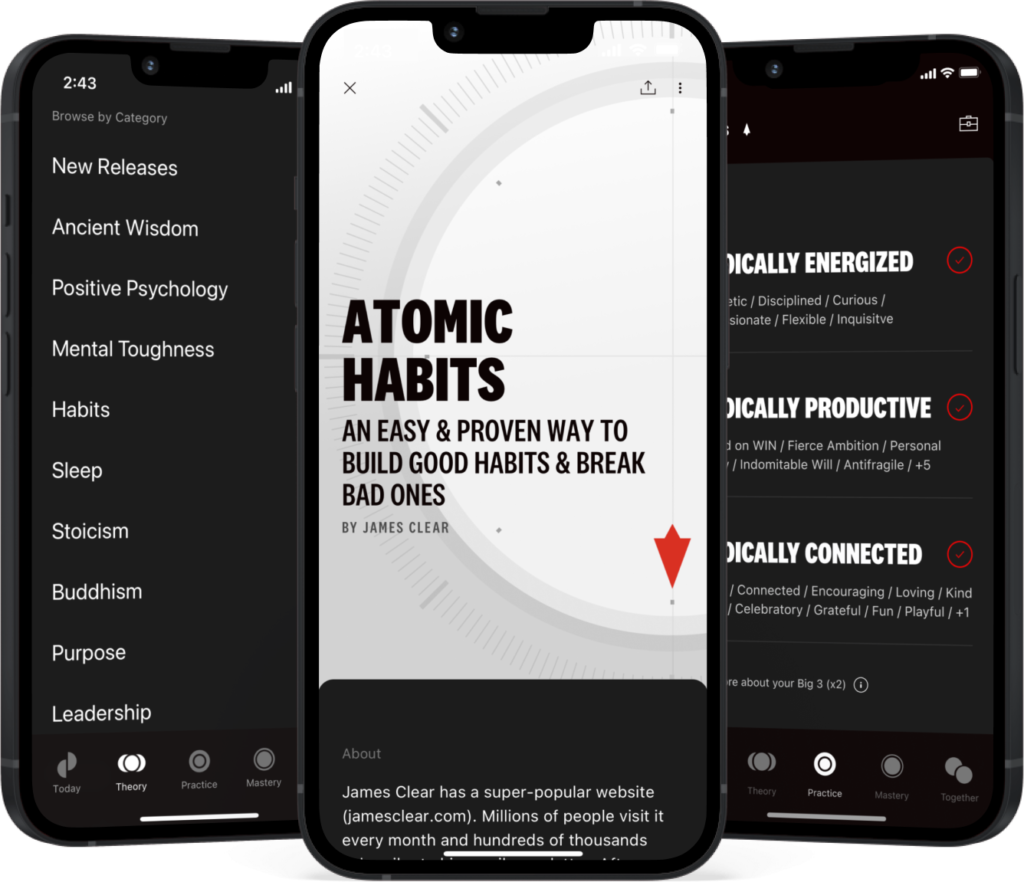Have you ever found solace in a tub of ice cream after a tough day, or celebrated a personal victory with a slice of cake (or three)? It’s something many of us do, and why not? Food has a way of comforting us, doesn’t it?
But what if we’re turning to food not just for physical sustenance, but also to feed our emotional needs? What if that tasty treat isn’t just a guilty pleasure but becomes our go-to mechanism for dealing with life’s setbacks, failures, and adversity?
Craving Comfort in Calories
Let’s start by admitting that life, with its ups and downs, can sometimes feel like a rollercoaster. A bumpy one, at that. When we stumble or fall, our instinct is to cushion the impact. And what’s more comforting than a plate of pasta or a warm, gooey cookie, right? The connection between our emotions and our eating habits is deep-rooted, complex, and personal.
Bingeing as a Band-Aid
So, what happens when we start using food as an emotional band-aid? On the surface, it seems innocent enough – a cookie here, a pizza there. However, using food as a coping mechanism can lead us down a path we may not have intended to tread. We might find ourselves on the heavier side of the scale, our physical health compromised. Overeating not only affects our waistline but can also lead to a vicious cycle of guilt, further eating, and an increased sense of failure and adversity.
Looking to make a change? We recommend Heroic.
“HEROIC IS THE BEST SELF-DEVELOPMENT PLATFORM IN THE WORLD.”
— John Mackey, Founder & Former CEO of Whole Foods Market
Start your FREE 30-day Premium access today
The Emotional Weight of Overeating
While our intention might be to soothe our emotional wounds, emotional eating often adds another layer of adversity – the struggle with weight gain. This added challenge can deepen the emotional trenches we are trying to climb out of, making the process of dealing with setbacks and failures even more strenuous.
Finding Healthier Coping Mechanisms
It’s not all gloom and doom, though. Just as we’ve learned to turn to food in times of emotional upheaval, we can also unlearn this habit and adopt healthier coping mechanisms. Taking a walk, talking to a friend, practicing mindfulness or, yes, even indulging in a small treat (mindfully!), can provide emotional relief without derailing our physical health.
Seeking Professional Help
Sometimes, the cycle of emotional eating and weight gain can be overwhelming to break on our own. And that’s okay. Just like you wouldn’t hesitate to seek help for a broken bone, there’s no shame in seeking professional help for emotional struggles. Therapists, dietitians, and support groups can provide invaluable tools and strategies to break the cycle of emotional eating.
Navigating life’s hurdles can be challenging enough without the added burden of emotional eating. As we understand the connection between our emotions and our eating habits, we can begin to take steps toward healthier coping mechanisms. After all, our relationship with food should be about nourishment, enjoyment, and health, not a reaction to life’s stumbles.
After all, who wants to face life’s tumbles with an extra helping of guilt on their plate?
Resources for developing resilience and dealing with setbacks
There are a bunch of great sites out there and programs that can help you build resilience. One of our favourites is the Rise8 program. Named after the Japanese proverb “Nana Korobi Ya Oki” – Fall 7 Times, Rise 8 the site has a range of free resources including book summaries of the leading books on the topic of resilience as well as a comprehensive free guide on how to build resilience, grit and mental toughness to overcome setbacks, failures and adversity.
